University Business Research: Occupational Stress and Motivation
VerifiedAdded on 2020/03/01
|5
|1069
|56
Report
AI Summary
This business research report investigates the critical issue of occupational stress and its profound effects on employee motivation and organizational outcomes. The research aims to determine if occupational stress leads to employee demotivation and reduced productivity, exploring the link between stress and employee turnover rates, and examining how mental and physical illnesses associated with stress impact employee efficiency. The report reviews existing literature on the causes and consequences of occupational stress, including factors like workload, lack of autonomy, and poor working conditions. It highlights the impact of stress on employee well-being, leading to health problems and potential organizational failure due to high absenteeism and turnover. The research methodology involves a mixed-methods approach, combining a review of business journals and management theories with a survey of employees to assess the effects of stress on their motivation and productivity. The conclusion emphasizes the importance of addressing occupational stress to improve employee health, well-being, and overall organizational success.
1 out of 5
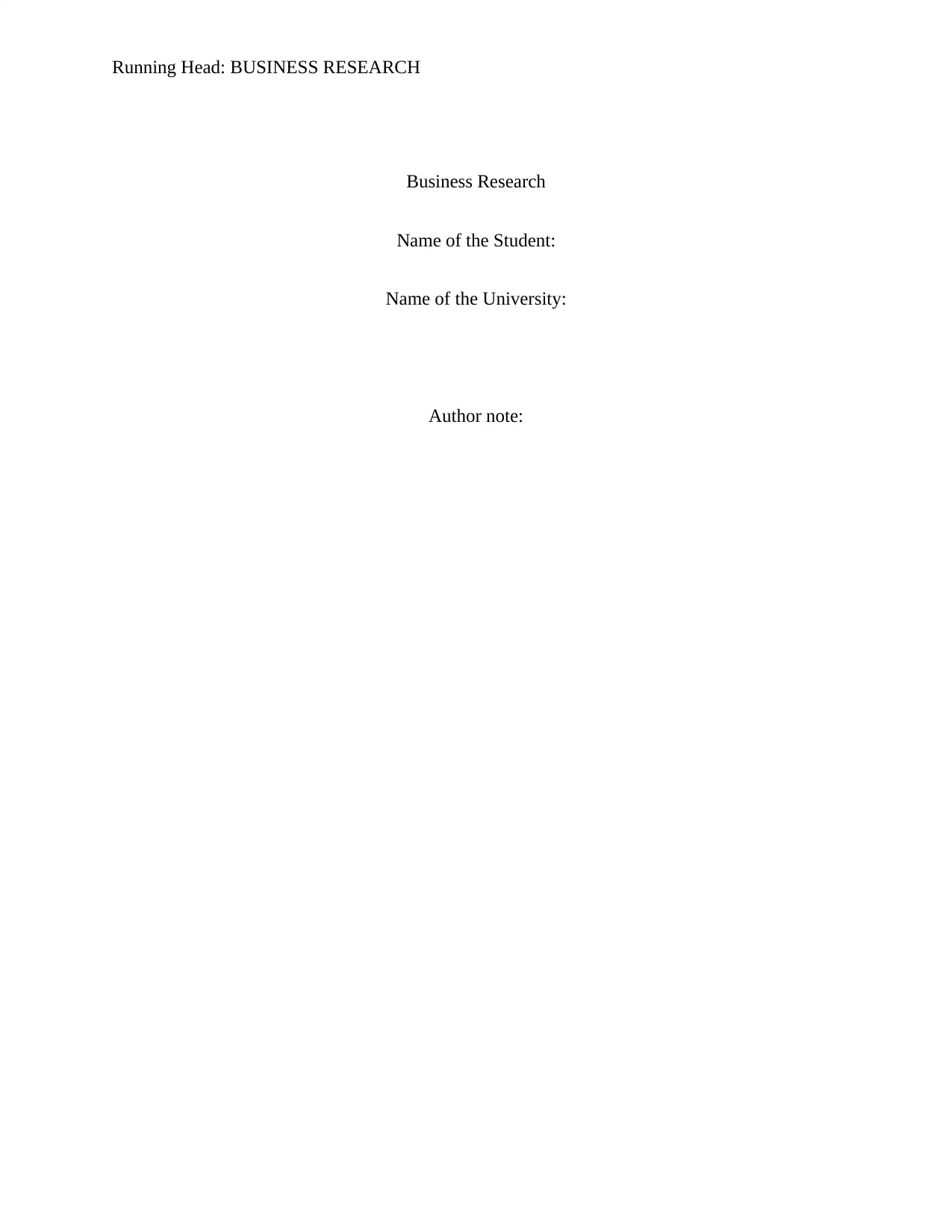
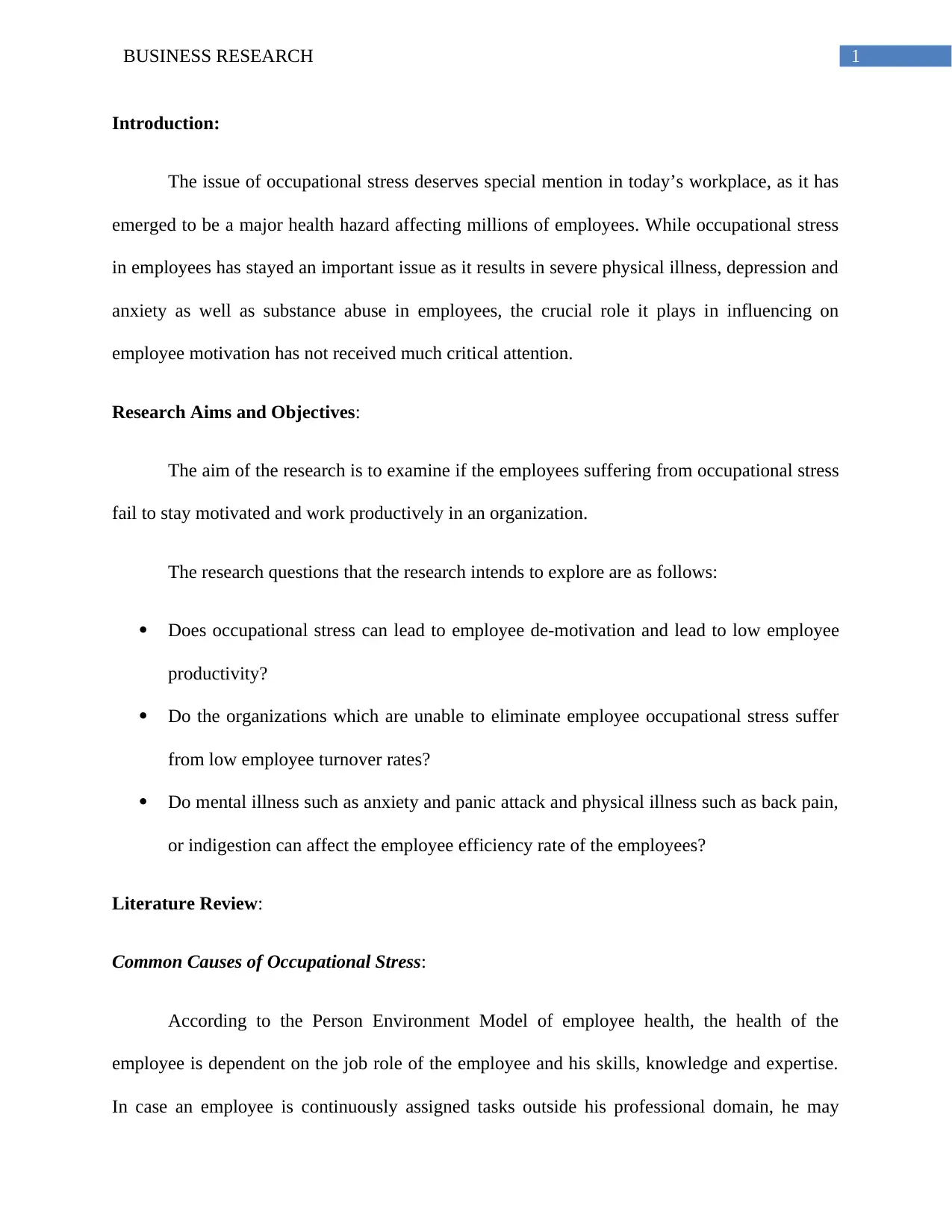
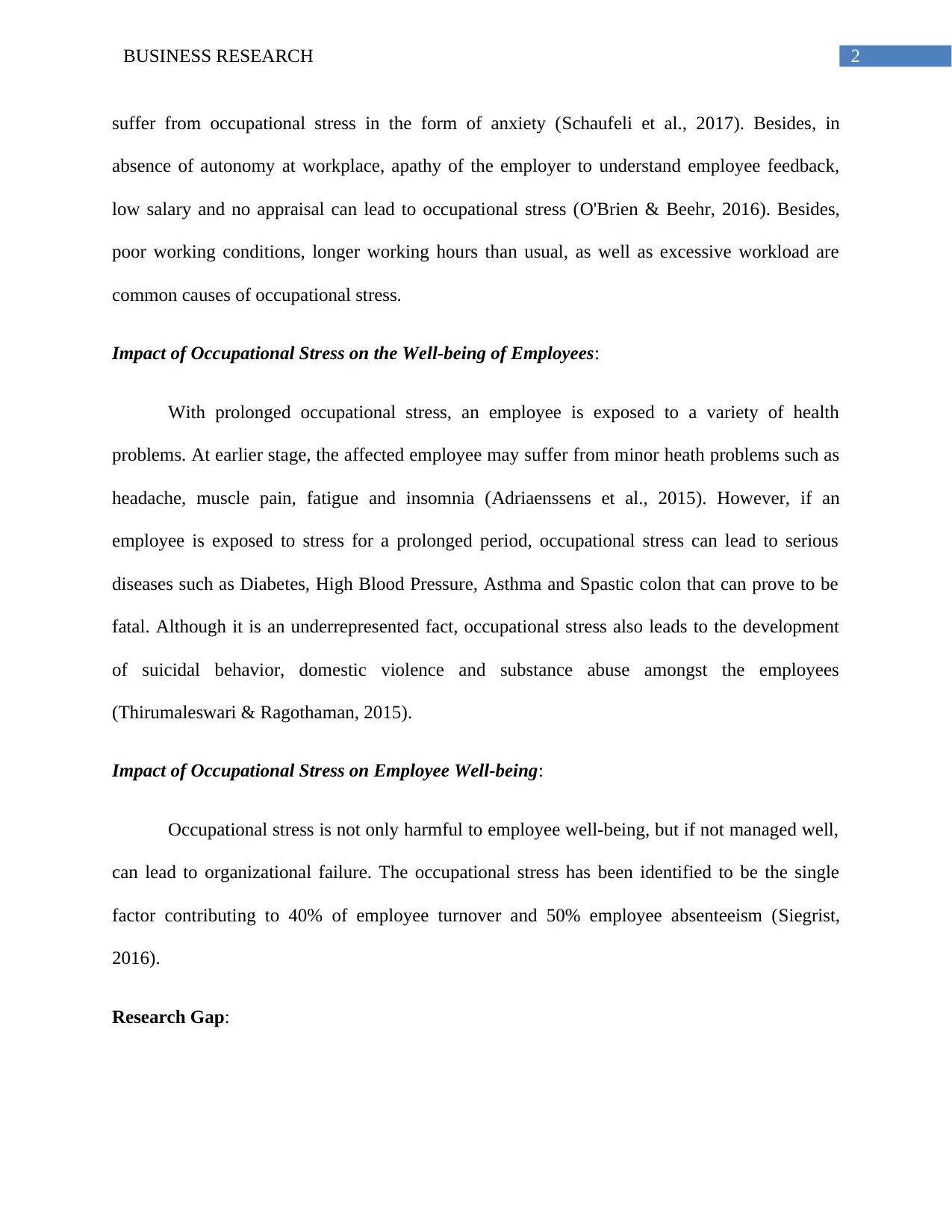

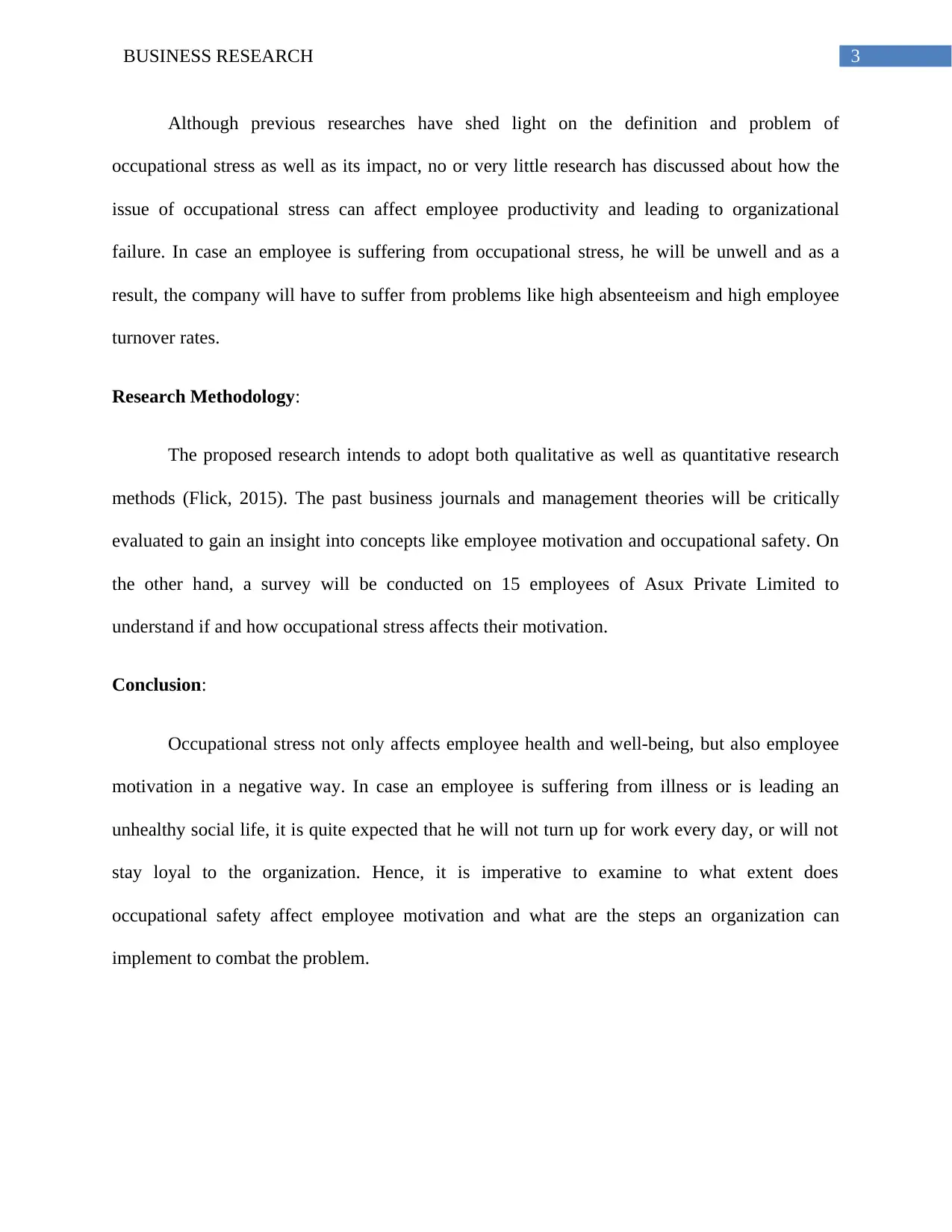
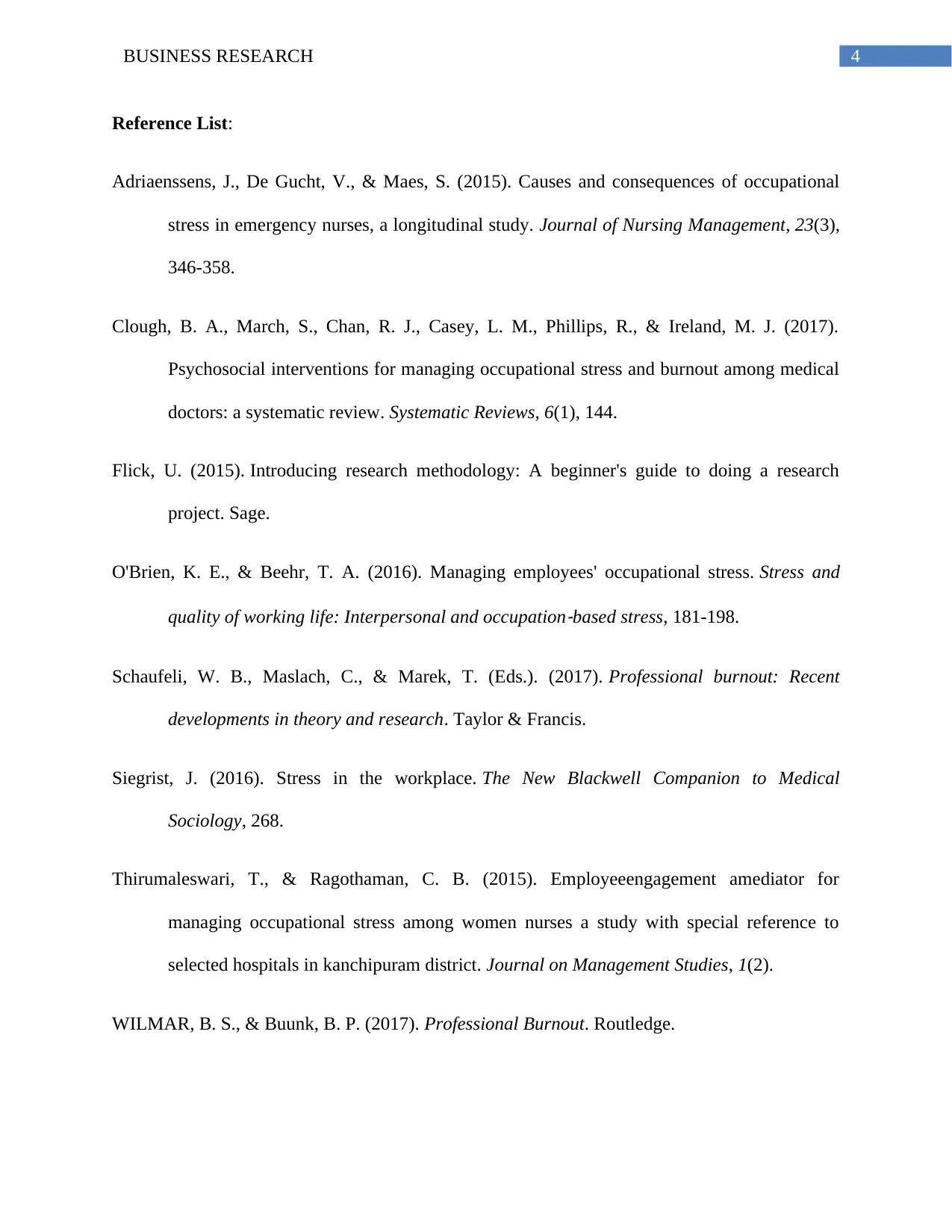






![[object Object]](/_next/static/media/star-bottom.7253800d.svg)